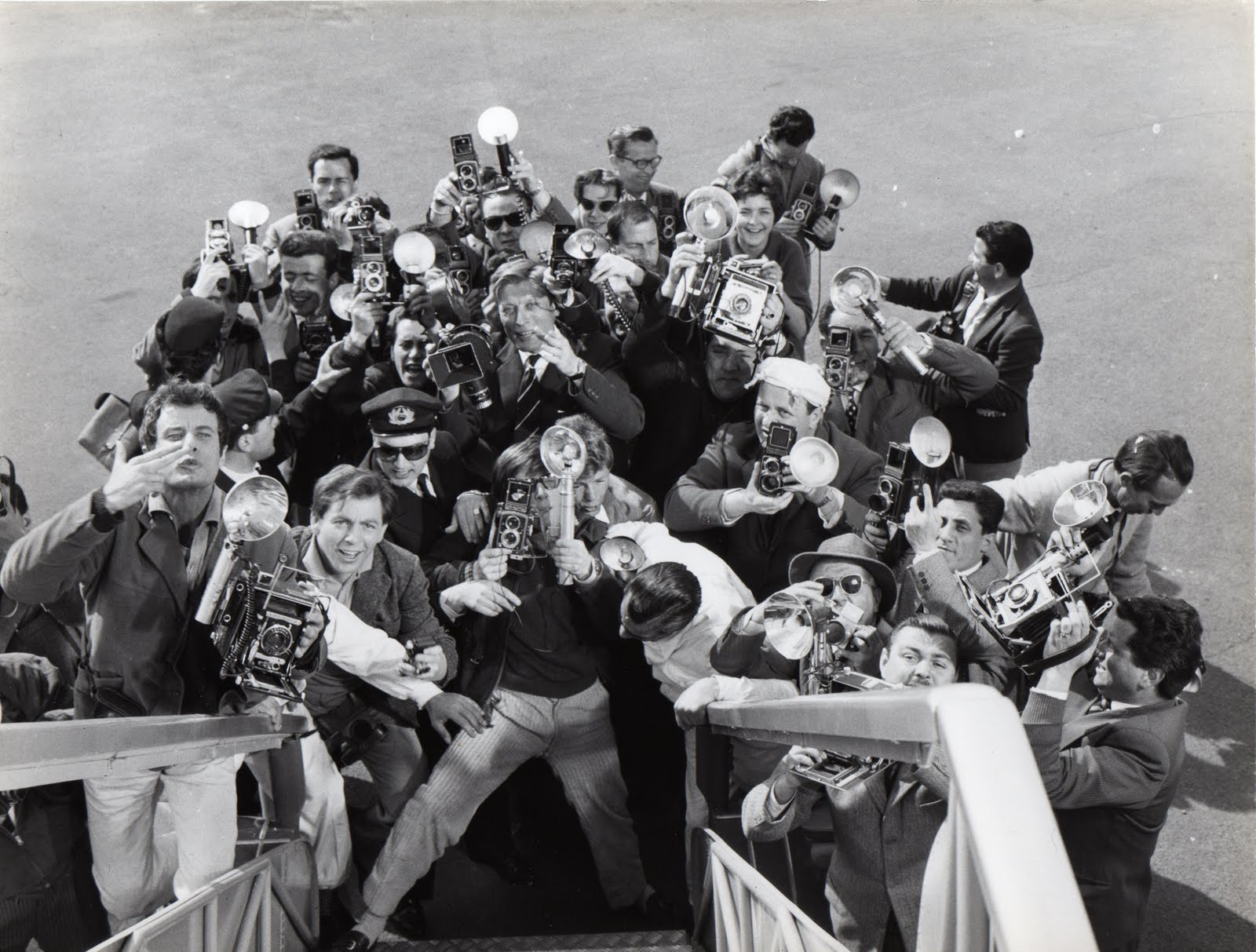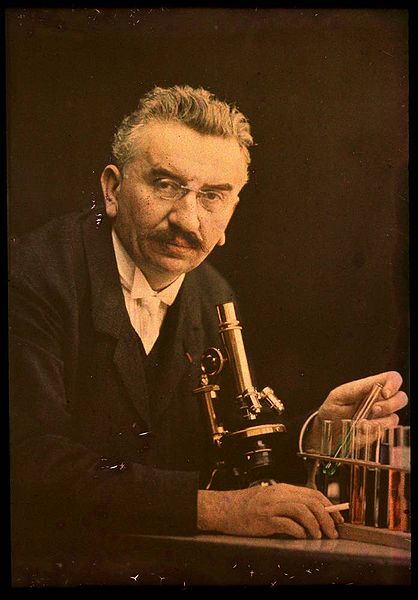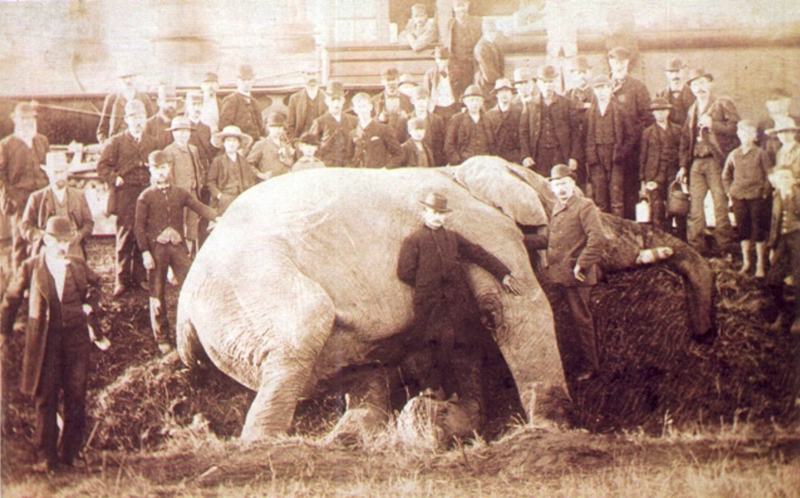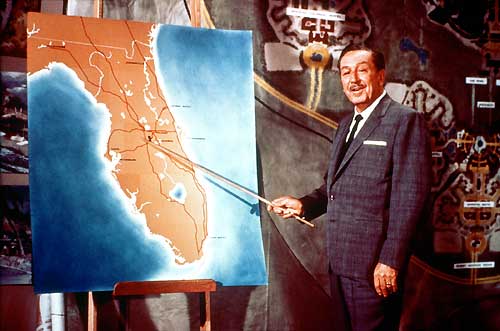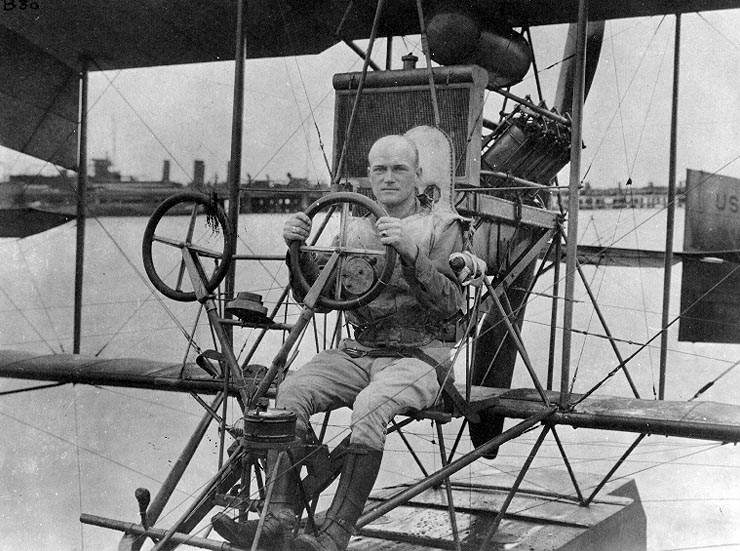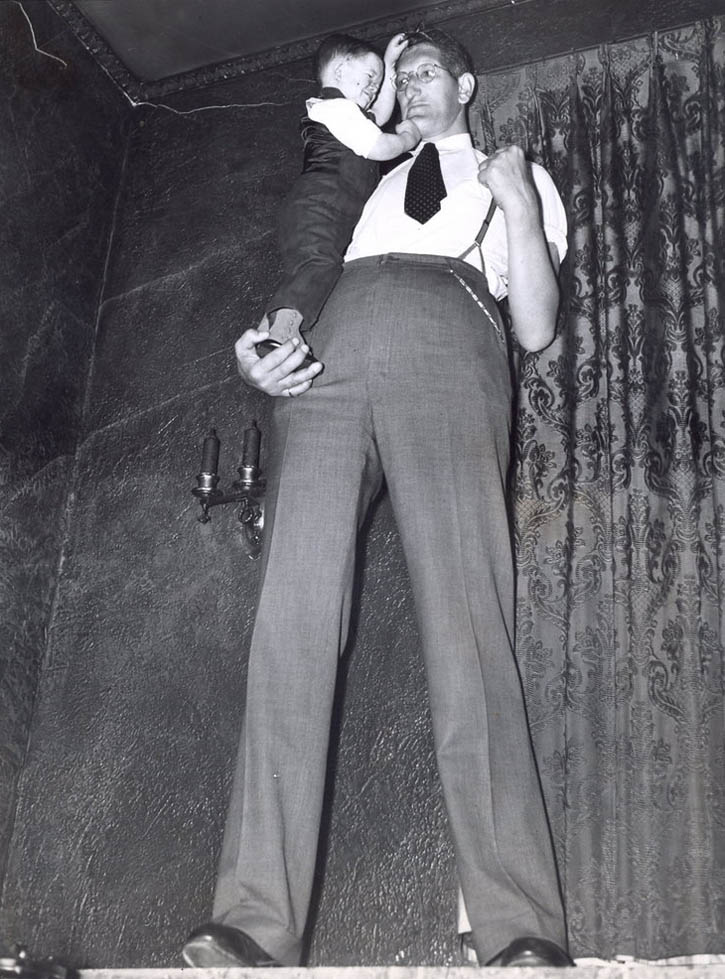
You’ve probably already seen today’s Google Doodle which celebrates both Valentine’s Day and George Ferris’ 154th birthday. Below is a reprint of earlier posts about how Ferris’ wheel and St. Valentine’s day came to be.
________________________

The first Ferris Wheel, at the Columbian Exposition, in Chicago in 1893. It was 264 feet high.
Guy de Maupassant is said to have lunched at the Eiffel Tower every day so that he could avoid looking at the edifice he so despised, and he wasn’t the only Parisian intellectual to hate on Gustave Eiffel’s “bridge to the sky.” French artists and thinkers railed against the tower even as it was in its planning stages as part of the Universal Exposition of 1889, claiming that it was a blight on the city.
But the Eiffel Tower was a huge hit during the fair, so much so that the planners of the 1893 World’s Columbian Exposition in Chicago felt that they needed to do something dramatic to compete with it. Daniel H. Burnham, Chief of Construction for the Columbian, searched futilely for an answer for a long time before George Ferris supplied him with one. An excerpt from Henry Petroski’s Remaking the World:
“Burnham found himself at a banquet addressing architects and engineers, he praised the former but excoriated the latter for not having met the expectations of the people. Nothing had been proposed that displayed the originality or novelty to rival the Eiffel Tower. He wanted something new in engineering science, but felt the engineers were giving him only towers.
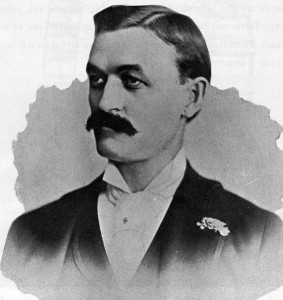
Among the engineers at the banquet was the youngish George Washington Gale Ferris, Jr. He was born in Galesburg, Illinois, in 1859, and at the age of five moved with his family to western Nevada. There, while living on a ranch, he became fascinated with a large undershot water wheel, which raised buckets out of the Carson River to supply a trough for the horses. Ferris would later recall his fascination with the wheel’s action, but, according to some accounts, as a youngster he was not equally fascinated with formal education. … When Ferris would later be asked where the idea for his great wheel came from, he recalled that, a while after hearing Burnham’s challenge, he found himself at a Saturday afternoon dinner club made up mainly of world’s fair engineers.
According to Ferris, ‘I had been turning over every proposition I could think of. On four or five of these I had spent considerable time. What were they? Well, perhaps I’d better not say. Any way none of them were very satisfactory… It was at one of these dinners, down at a Chicago chop house, that I hit on the idea. I remember remarking that I would build a wheel, a monster. I got some paper and began sketching it out. I fixed the size, determined the construction, the number of cars we would run, the number of people it would hold, what we would charge, the plan of stopping six times in its first revolution and loading, and then making a complete turn–in short, before the dinner was over I had sketched out almost the entire detail, and my plan has never varied an item from that day. The wheel stands at the Plaissance at this moment as it stood before me then.”
________________________
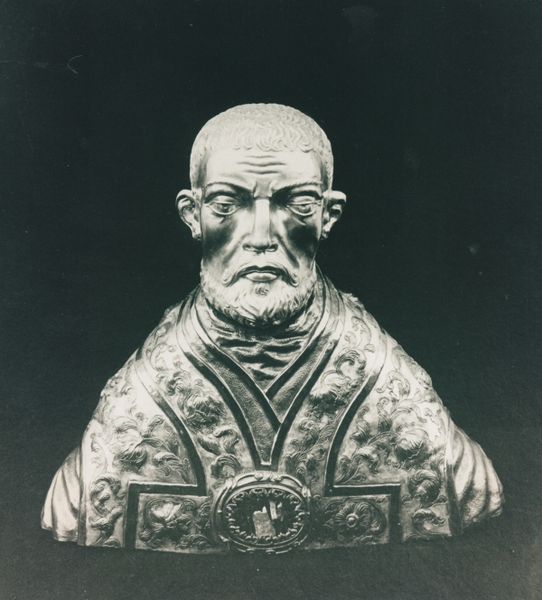
“That respectable old bachelor bishop was beaten with clubs and beheaded in the third century.”
An excerpt from a February 14, 1884 Brooklyn Daily Eagle article which explains how the sweet but heathen holiday of Valentine’s Day became associated with a Christian saint, and recalls the (thankfully) lost art of the insulting “comic valentine”:
“Like many other Ecclesiastical festivals which have assumed strange social transformations, St. Valentine’s Day is chiefly remarkable for having no personal connection with St. Valentine. That respectable old bachelor bishop was beaten with clubs and beheaded in the third century, and if he is conscious of his subsequent fame he must enjoy the reflection that no author as well as no saint ever achieved such a posthumous reputation for what he had nothing to do with. The feasts of Pan and Juno, held in February, upon which among other hilarious ceremonies the names of pretty Roman girls of the period were put in a box, and the Roman dudes and greenhorns and old bachelors drew them out, suggested to the ever appropriate instincts of the Christian clergy the holding of them on a saint’s day. Poor old Bishop Valentine was in partibus at the time and had been canonized as well as clubbed and decapitated also at the middle of February, and his commemoration would do very well for the heathen pastime, which would thus acquire a Christian aroma. That is the process by which, in modern times, he has become the patron saint of postmen.
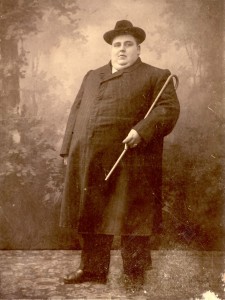
“For the antiquated maid or corpulent bachelor, the valentine is scarcely a thing of beauty or joy.”
St. Valentine’s Day has become chiefly a joy to children, who await eagerly the postman’s coming with the welcome letters which are pictures as well. For the antiquated maid or corpulent bachelor, the valentine is scarcely a thing of beauty or joy. The meanness that would gratify its petty spite by anonymous insults through the mail on this literary deluge day would not deserve mention if this morning’s newspapers had not contained a curious and perhaps fatal caution against indulging one’s venom through the valentine. Two women in Philadelphia, who were next door neighbors, mutually accused each other of sending an insulting valentine. Each denied the charge, but neither accepted the denial. They fell upon each other tooth and nail, and, not content with bites and scratches, while one ran for a hatchet the other shot her with a pistol.”

